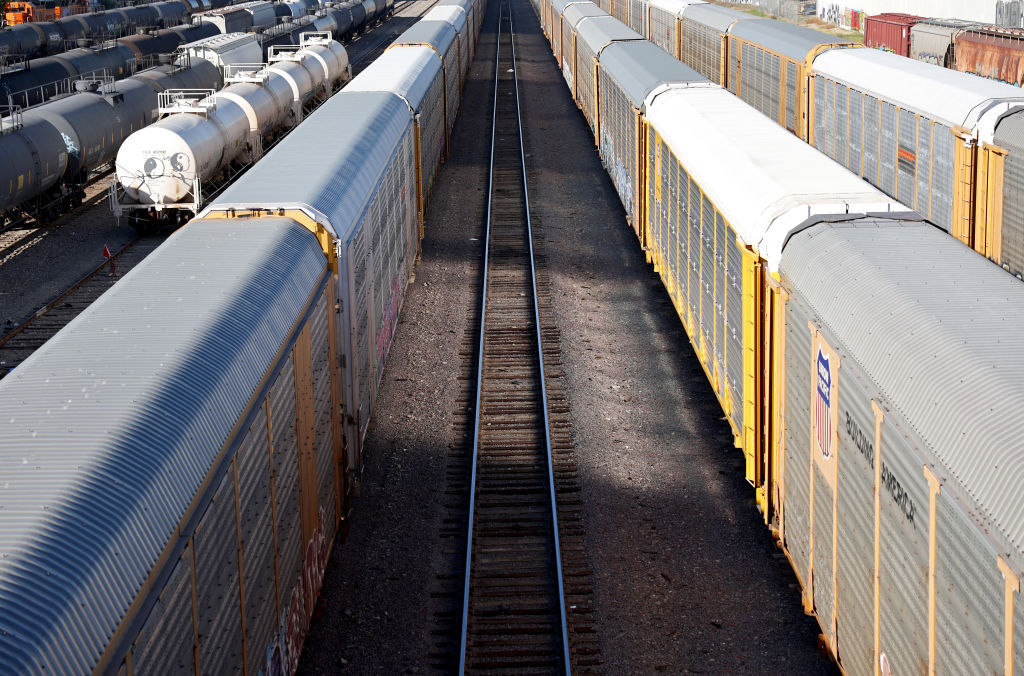Railroad Workers United (RWU), a caucus of rank-and-file workers spanning all thirteen national rail unions, recently released a video offering one answer to the rotten state of US rail. “Putting America Back on Track: The Case for Public Rail Ownership” opens in East Palestine, with a resident of the area showing the viewer photos he took the night of the Norfolk Southern derailment. The video goes on to make the case for public ownership of rail, which has been a focus for RWU over the past year.
What are your thoughts on the idea of public ownership of rail (in the US and Canada)? What type or level of public ownership would you support?
Separate infrastructure and operations. Nationalize the infrastructure, allow private companies to pay to operate over it, but place limits on things like train length and require regular inspection of the rolling stock using the national infrastructure. Basically, adopt an infrastructure & regulation system similar to that trucks operate under.
Nationalize it
And make it free.
Free for passenger service, paid for freight service. Passenger Service always has priority.
Nationalize all of it, or let the unions purchase the companies.
When Conrail was up for sale, initially the only viable bid came from the employees’ union of Conrail. Liddy Dole rejected it out of hand for that reason. Years later it was sold to a group of proper capitalists.
same as the interstate highway. federally owned alignments, rails, signals, etc enable private operators to offer transport services based out of private yards
@lntl @Rentlar Why is how the public ownership of railways could work a hypothetical in the US?
Many countries already do this right now.
Here’s a link to the Australian Rail Track Corporation: https://www.artc.com.au/about/
It’s owned by the Australian Federal Government, owns rail track infrastructure, but doesn’t operate any freight or passenger services itself.
Here’s a link to VicTrack: https://www.victrack.com.au/
It’s owned by the Victorian state government, owns rail infrastructure in Victoria, but doesn’t operate any freight or passenger services itself.





